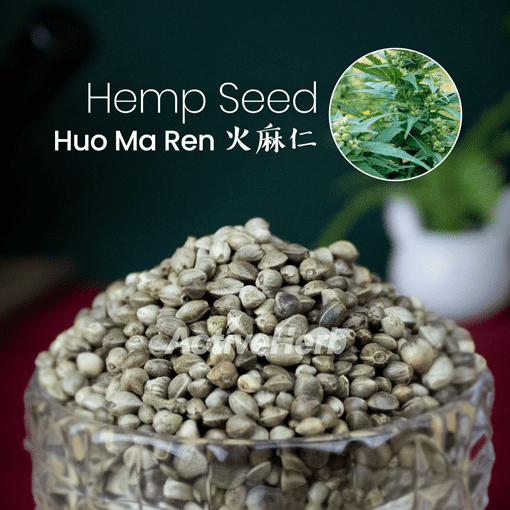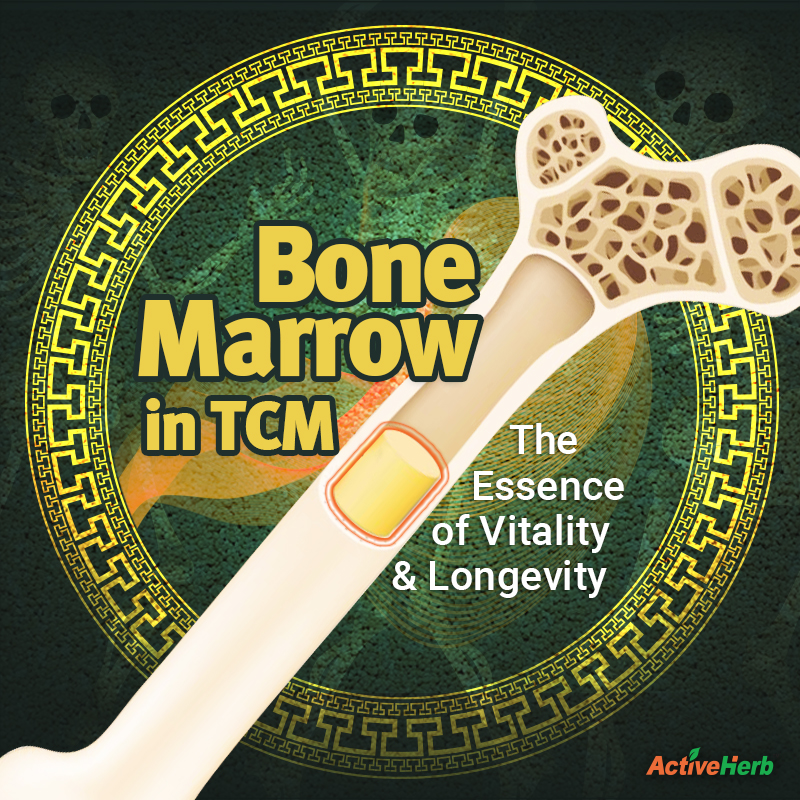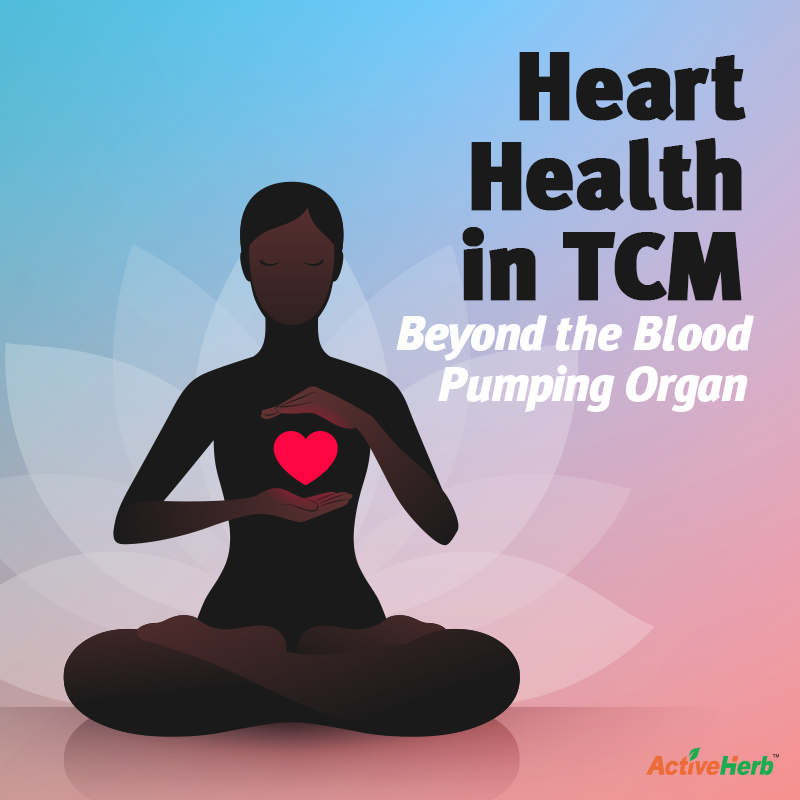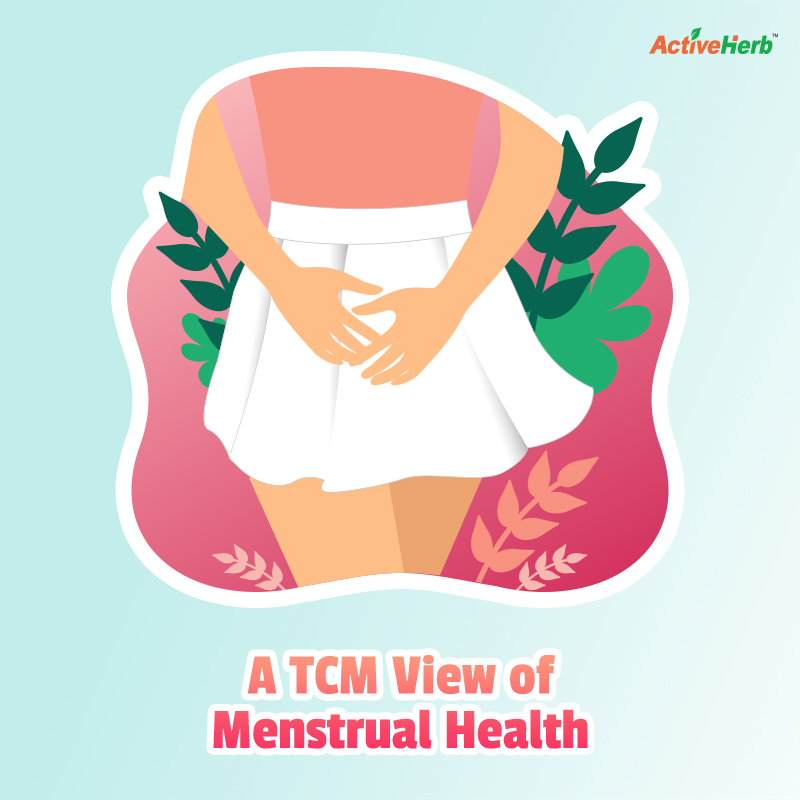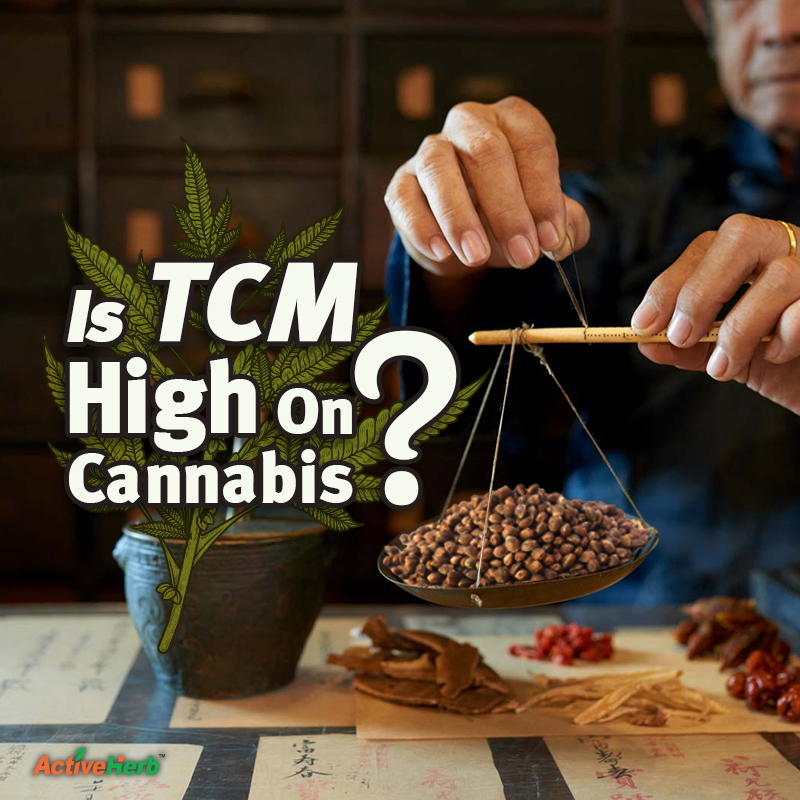Alcohol vs. Weed: A Traditional Chinese Medicine Perspective
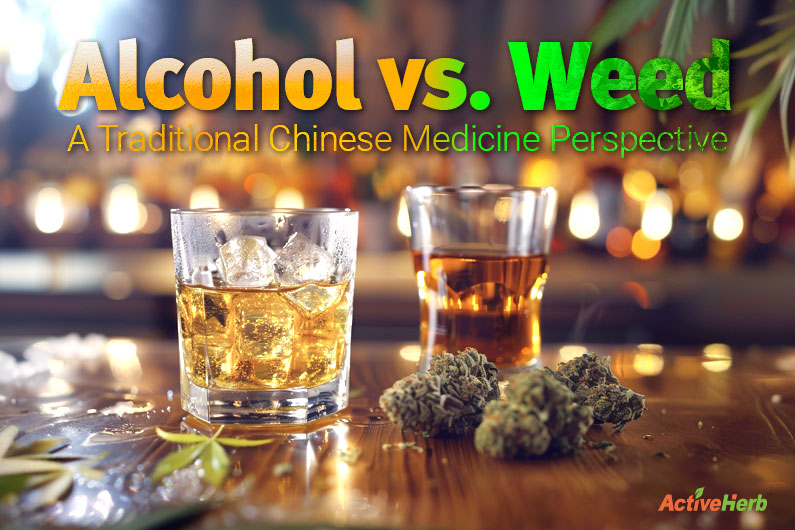
Is it better to sip or to puff?
It’s a debate you’ve likely heard before: when it comes to health, which is the lesser of two evils: alcohol or cannabis?
From a Western medicine perspective, modern science still doesn’t have a clear answer. The CDC has walked back its endorsement of moderate alcohol consumption, and cannabis remains a legal gray area depending on where you live. But Traditional Chinese Medicine (TCM) has been evaluating both substances for thousands of years—not in terms of legality or Western biomarkers, but in terms of energy, balance, and constitutional harmony.
So let’s put alcohol and weed on the TCM table and ask: what do the classics say about these two mind-altering substances? Can either promote wellness? And which one might disrupt your Qi the most?
Let’s start with the more socially acceptable choice: alcohol.
What TCM Says About Alcohol: Medicine, Menace, or Both?
From a TCM lens, alcohol is neither inherently bad nor inherently good. It all depends on your constitution, the dose, and how it’s used. In fact, in small amounts, alcohol can invigorate Blood, warm Yang, and help disperse Cold or stagnation. It’s even been used as a solvent in herbal tinctures for millennia.
But if you overdo it—and most of us know someone who has—alcohol becomes toxic. It introduces excessive Heat and Dampness into the body, damaging the Liver, Spleen, Kidneys, and Heart. TCM patterns like Liver Qi Stagnation, Damp-Heat in the Middle Jiao (home to the digestive organs), and Shen disturbance are all associated with excessive drinking.
In extreme cases, alcohol can lead to Liver Fire blazing upward, disturbing the Shen (mind/spirit), and even triggering Liver Wind—TCM’s way of explaining conditions like stroke or seizures.
So yes, that one drink with dinner might help you digest better and relax. However, over time, frequent alcohol intake may dry Yin energy, generate internal Heat, and tax Jing (essence), your most precious life energy.
Thus, the TCM takeaway is that alcohol can be medicine in moderation but becomes a pathogen in excess.
Cannabis in TCM: Da Ma and the Endocannabinoid Parallel
Before CBD became a wellness buzzword and dispensaries lined every city block, cannabis (Da Ma, 大麻) already had a long-standing presence in Traditional Chinese Medicine. In fact, it appears in the ancient pharmacopeia Shennong Bencao Jing, dating back over 2,000 years. But unlike alcohol, which TCM embraced more widely across formulas and tonics, cannabis always occupied a more restrained, specific role.
The Yin Side of Cannabis
In TCM, cannabis seeds (Huo Ma Ren) are sweet, neutral, and associated with the Spleen, Stomach, and Large Intestine channels. (When capitalized, the TCM organs are unrelated to their Western physical counterparts.) In China, “weed seeds” are most commonly used as a moistening laxative to relieve constipation caused by Blood or Yin deficiency. This makes cannabis, at least from a TCM perspective, a cooling, nourishing agent in small doses that may help excessive dryness in the Middle Burner; a far cry from its modern image as a psychoactive recreational drug.
When used whole or as a flower extract (i.e., modern marijuana), the equation changes. Excessive cannabis use, especially high-THC marijuana readily available in dispensaries is definitely not what the TCM doctor would order. Getting stoned out of your mind scatters the Shen and drains Kidney Yin (cooling energy that prevents premature aging). TCM theory holds that your Shen (spirit) is housed in the Heart and rooted in a foundation of Jing and Yin. Just as too much alcohol can stir up Liver Fire and cause Shen disturbance, too much weed may cause clouded thinking, apathy, memory loss, and emotional withdrawal.
Sound familiar?
The negative side effects aren’t just theoretical viewed through a TCM lens. They match common experiences of chronic cannabis users: brain fog, demotivation, reproductive issues, and hormonal imbalances. According to TCM, this stems from Kidney Essence depletion and a breakdown in the connection between Heart Fire and Kidney Water—a core axis in Chinese medicine responsible for emotional and physiological regulation.
Does TCM View Cannabis As A Healing Herb?
It can—but not the way most people think. TCM values balance over blunt force. Hemp seeds? Great for dry bowels. High-dose THC every day? Not so much.
However, there’s an exciting overlap between modern cannabinoid science and TCM theory: the endocannabinoid system (ECS), discovered in the early 1990s, shares remarkable parallels with the meridian system in Chinese medicine. Both help regulate homeostasis and energy flow. In fact, some researchers now believe that acupuncture may upregulate endocannabinoid activity. This may at least in part explain acupuncture’s anti-inflammatory and mood-lifting effects.
Several classic Chinese herbs contain compounds that activate cannabinoid receptors in subtle, non-intoxicating ways. These include:
—Ginseng
—Magnolia Bark
—Mulberry Root Bark
—Ginkgo Biloba (Ginkgo seeds are an ingredient in our breathing-support formula, Breathmooth.)
Thus, if you’re looking to restore balance and calm without clouding your mind or draining your Essence, TCM may offer a quieter, more sustainable route than cannabis.
Alcohol vs. Weed: TCM’s Verdict on Which Is “Healthier”
If both booze and bud can scatter the Shen, burden the organs, and deplete your foundational Qi, which is the lesser evil—or the wiser indulgence—from a TCM point of view?
TCM Weighs the Scales
Alcohol: Warming, invigorating effect. Disperses Cold, stimulates Blood flow, and may unblock stagnant Liver Qi—especially when consumed with meals in cold weather. Also Damp and Hot by nature; easily generates Damp-Heat, scorches the Liver, depletes Kidney Yin, and disturbs Shen.
Cannabis: Cooling, Yin-nourishing in seed form. As a recreational drug, deplete Jing, scatters Qi, creates emotional withdrawal rather than agitation. May promote Kidney Yin Deficiency, Spleen Qi Weakness, and a feeling of being energetically “unanchored.”
The Energetic Difference
If alcohol is a flame that burns bright and quickly consumes, cannabis is more like fog—cool, disorienting, and slow to lift. One agitates the spirit; the other numbs it. Both can disturb Shen, just in opposite ways.
But here’s where TCM makes a key distinction:
- Alcohol, in moderation and in the right constitution (Cold, Qi-stagnant), can be therapeutic short-term.
- Cannabis, while useful in targeted cases (Yin deficiency, dry constipation), tends to cloud the Heart and weaken Willpower (Zhi) if used habitually.
Alcohol stokes Heart Fire upward. Cannabis, in contrast, anchors heat downward through the cooling nature of Kidney Water.” Either extreme breaks the communication between emotion (Heart) and will (Kidney). The potential result? Anxiety, apathy, or addictive behavior.
The TCM Verdict: Alcohol vs. Weed
If forced to choose the “healthier” of the two, TCM leans slightly in favor of moderate alcohol consumption. But only when taking the appropriate constitution and even seasonality. Winter is best for a wee nip, However, people with patterns like Damp-Heat, Liver Yang Rising, or Heart Fire should still avoid alcohol, even in cold weather. But the real answer isn’t found in a bottle or a pipe.
It’s in moderation, personalization, and awareness of your constitutional balance.
If you’re experiencing signs of Liver Fire (anger, red eyes, headaches), Kidney Yin deficiency (night sweats, low libido), or Shen disturbance (insomnia, foggy mind), it might be time to rethink your relationship with either or both substances—and look to TCM for homeostasis (balance).
TCM Remedies for Alcohol or Cannabis Overuse
A glass of wine with dinner can be fine. But if ritual turns into nightly multiple cocktails? Not so fine. As for a puff of weed to wind down? No judgement here. But if blazing leaves you foggy and unmotivated, TCM offers time-tested solutions to restore balance.
Here are some of the top TCM herbs that may support your body in cutting back—or recovering—from either habit.
For Alcohol Moderation & Liver Support
- Ge Gen (Kudzu Root): Possibly the most studied herb for reducing alcohol cravings. Increases blood flow to the brain, making the effects of alcohol felt more quickly—so people drink less.
- Dan Shen (Salvia Root): Cools the Blood, clears Heart Fire, and supports liver detox.
- Gou Qi Zi (Goji Berry): Nourishes Liver and Kidney Yin, helping replenish what heavy drinking depletes.
- San Qi (Notoginseng): A powerful herb for repairing damage and reducing inflammation, especially after long-term alcohol use.
For Cannabis Overuse or Yin Deficiency
- Huo Ma Ren (Cannabis Seed): Used for thousands of years to relieve dry constipation and nourish Yin. Note: ActiveHerb.com does not sell cannabis that contains psychoactive amounts of THC. Huo Ma Ren is hemp seed, not marijuana.
- Mai Men Dong (Ophiopogon): This tuber deeply nourishes Yin and Fluids; great for countering dryness and irritability.
- Sheng Di Huang (Rehmannia Root): Cools the Blood and nourishes Yin—ideal for dryness and heat signs from cannabis overuse.
- Tian Wang Bu Xin Dan: A renowned formula for calming Shen and nourishing Heart-Kidney Yin—helpful for insomnia, restlessness, or emotional dullness from overuse. Goes by the English name, HeartVigor.
- Liu Wei Di Huang Wan (YinVive™): A foundational Yin tonic that helps replenish Kidney and Liver essence.
Conclusion: Which is Better – Alcohol or Weed?
The real issue isn’t which is better or worse, but rather, what is your body asking for—and are you listening?
TCM invites us to observe our cravings not as weakness, but as messages. If you’re turning to alcohol or cannabis regularly to cope, calm down, or tune out, that’s not a flaw. It’s a signal. A pattern. One that may be addressed with herbs, acupuncture and lifestyle shifts.
Related From the ActiveHerb.com Blog:
Alcohol in TCM: The Surprising Benefits of Booze
Is Traditional Chinese Medicine High On Cannabis Use?



